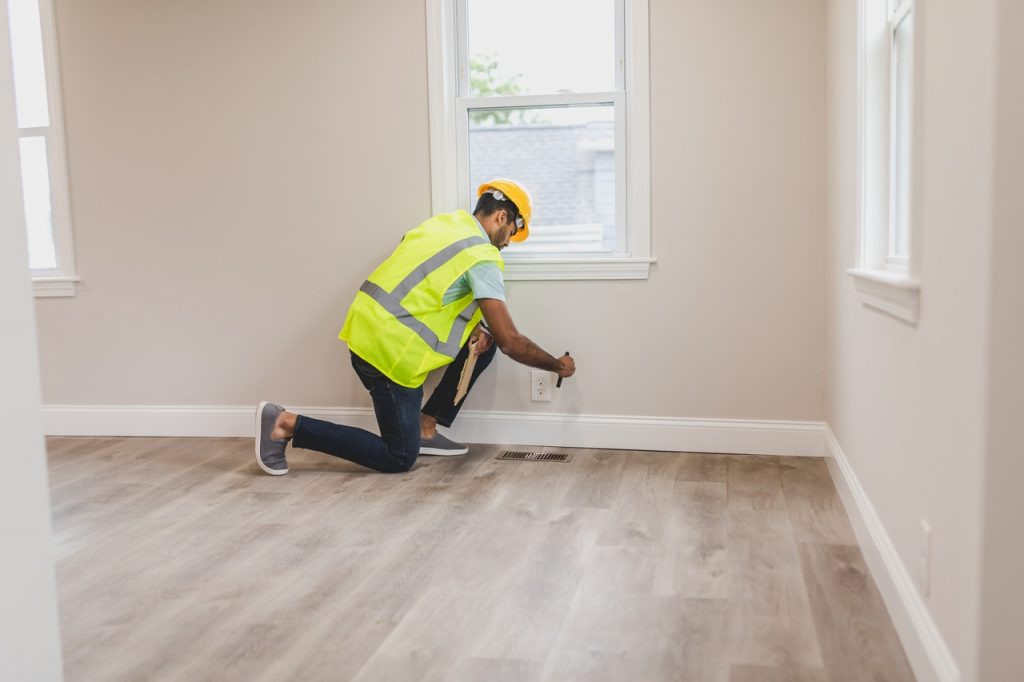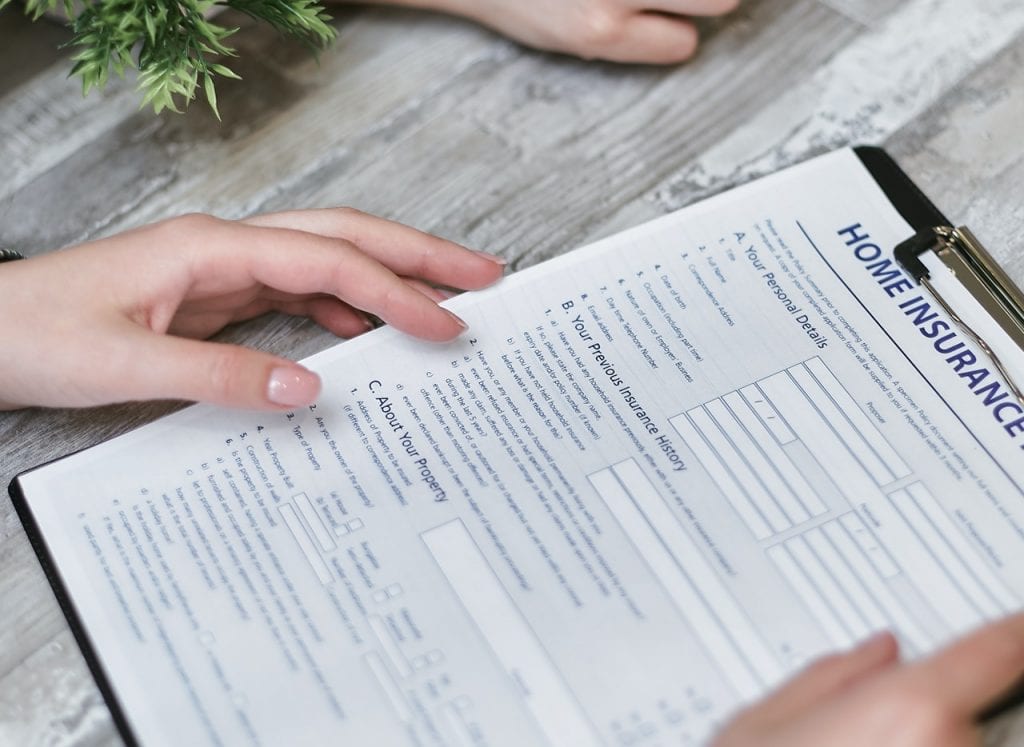Are you considering buying a home with cash? If so, there are a few things you need to know before getting started. In this blog post, we’ll talk about the step-by-step of buying a home with cash and provide some tips to help make the process as smooth as possible. So, if you’re looking at homes for sale in Texas, Florida, or anywhere else in the U.S. and thinking about making an all-cash offer, keep reading!
The Process of Buying A Home With Cash
1. Gather Your Cash

Whether you’ve been saving or you gathered money from investors, the very first step in buying a home with cash is to obtain the necessary funds to buy it. Not only do you want to make sure you have the money, but you’ll also need to gather all the cash in one place. Consolidating your funds is important in making the home buying process run smoother.
Note: Be aware of the tax implications if you’re pulling out of accounts like money markets, stocks, etc, so you aren’t blindsided by fees.
2. Get Proof Of Funds Ready
Once you’ve gathered your money in one place, it will be easier to show proof of funds. Showing proof of funds is vital when submitting an offer because the seller will need to know you have what it takes to buy the home with cash. The best way to obtain proof of funds is to ask your bank for a letter stating you have the funds available.
3. Go House Hunting

After you get your money in order, it’s time to go house hunting! The first thing you’ll want to do is find a reputable real estate agent. Prepare questions to ask your potential real estate agent so you’ll have an idea of who is the right fit for you. Once you’ve selected a real estate agent you’d like to work with, it’s time to start actively looking for a home to buy. Your agent will be helpful in determining if a property is a good deal, or if it’s possible to get a good deal since you’d be buying a home with cash.
One thing to think about when buying a home is to think about why you’re buying a property. Is it for your personal home, rental property, etc.? Determine if the home will fit your needs.
Consider any remodeling or upgrades the home might need. If the home requires a lot of work, it may not be in your best interest to pursue buying the home with cash if you want to get a deal. The amount of time and money spent on bringing a property up to par could counter the deal you got and make the home not worth buying.
4. Submit An Offer

Now that you have found a house you like, it’s time to submit an offer. It’s true what they say, cash is king! Making a cash offer on a home can easily give you the competitive edge needed to get your offer accepted, especially in a seller’s market.
Some reasons a seller would choose a cash offer are: usually a shorter time to close, more likely to buy the property as-is, and there are no lender requirements.
However, depending on your unique situation and the property you’re buying, you may still want a contingency. It could be that you’re waiting on another home to sell, or that it’s a contingent offer depending on an appraisal or inspection of the home.
5. Secure a Settlement Agent
Finding a settlement agent, also known as a closing attorney or title company, is really easy to secure. In fact, it’s common for the seller’s agent to use someone they have a good working relationship with, but this can be decided by anyone. Typically this person is close to the property and is familiar with the area, but it’s not uncommon to use someone further away too.
A settlement agent will likely work at a title and abstract or escrow company, but other practicing lawyers can act as settlement agents too. They do not represent either party in a transaction. Rather, they manage the title research of the property and all the paperwork involved in the sale.
6. Out of Pocket Expenses
Once the seller accepts your offer, you’ll have some out of pocket expenses. One is the earnest money and the other is the due diligence/option fees if you and the seller agreed to a due diligence or option period.
- Option/due diligence are two terms that mean the same thing. Depending on which state you’re buying in will determine which term is used. The fee is usually about $100+/- and is given to the sellers and can be paid with a cashier’s or personal check.What this fee pays for is a holding period that takes place the first few days after the contract is executed between the seller and buyer. This is an optional period for cash buyers though. During this time, you can order things like inspections to figure out the state of the home. If it’s determined the house has issues you would rather not deal with, you have till the end of the option period to back out of the contract. If you back out, all you’d lose is the option/due diligence fee and the earnest money would be returned to you.
- Earnest money is usually about 1-2% of the purchase price, but can be more or less. This money is given to the settlement agent by a cashier’s check, or even a personal check, and is held in an escrow account until the transaction is completed. Consider this like a deposit. This goes towards the purchase price and closing costs and is a way to show the seller how serious you are in wanting to buy the property.If for some reason you decide to back out of the contract, through no fault of the seller, after the option/due diligence period is over, you would forfeit your earnest money to the seller.
7. Schedule an Inspection

Even if you, as a cash buyer, aren’t using a mortgage company, which would require an inspection, it may behoove you to order an inspection. In scheduling an inspection, you will be made aware of any hidden issues. An inspection typically takes place during the option/due diligence period, so that if there are bigger issues you didn’t expect, you can back out and only lose your due diligence/option fee.
It is common for cash buyers to order an inspection for informational purposes, meaning they just want to learn about the home and wouldn’t ask the seller to make repairs. When this happens, the buyer is accepting the property as-is.
8. Confirm A Good Report On The Title Research
Title research is crucial to the home buying process. By having a title search, any claims or unknown liens will be uncovered. This will be conducted by the closing attorney. It’s a good idea to purchase title insurance to protect your ownership rights of the property in case the title research overlooked something.
9. Schedule A Survey
Though as a cash buyer it’s not required to schedule a survey, this is an area worth spending the money on if there is not an up-to-date survey. By getting a survey you would be able to know exactly what you’re buying and where the property’s boundaries are. The survey will also show if there are any easements and any floodplain lines.
10. Get Homeowners Insurance

Though a cash buyer is not required to purchase homeowner’s insurance, this is not an area worth skimping on money. If your home is hit by a tornado, a fire occurs, or flooding from a hurricane, busted pipe, etc., insurance will cover the cost of the damage. If you do not pay for homeowner’s insurance, you essentially risk losing all the money you invested in your home and have to start over.
11. Order An Appraisal
Ordering an appraisal isn’t necessary as a cash buyer. With a good agent who can pull data on comparable properties that have recently sold, you might be able to determine how much the property you’re buying is worth and if you’re getting a good deal.
There are times when it’s worth taking the extra step and ordering an appraisal. If you feel an appraisal is necessary, you would want to include a contingency in your offer in case the home isn’t worth what you’re paying for it. That way you can either renegotiate with the seller or walk away. Look at the 5 common contingencies included in the purchase agreement so you’ll have an idea of what they include and why they’re important.
12. Confirm Total Funds and Plan For Payment
You will need to confirm the exact amount due at closing (price of home + closing costs – earnest money). This will be verified by the settlement agent. You will also need to decide how you’re going to pay for the property, which can be secured by a check at closing, or a wire transfer once both parties have signed closing documents.
If you are wiring money, you’ll need to ask the settlement agent for wiring instructions. The money will be sent to the closing attorney and from there, the money will be disbursed appropriately.
13. Attend A Final Walkthrough
It’s customary for buyers to have a final walkthrough of the property they’re purchasing a day or two before they’re scheduled to close. This is to check the home is still as expected, any agreed-upon repairs were made, and that things, like agreed-upon appliances, are still there.
14. Show Up To Closing
This is a vital step in buying a home with cash. You are required to bring your photo ID, a cashier’s check, or a wire transfer. The closing attorney will walk you through each document, explaining what it is, and show you where to sign. Sometimes buyers have a lawyer to represent them, but not always. The sellers will come by at a separate time on closing day to sign over the property to the new owners.
15. Confirm Funding

The last and most important step in buying a home with cash is to confirm funding. Once the funds are transferred and disbursed, the transaction is complete, and ownership of the property has officially switched to your hands!
Pro-tip: It’s a good idea to request that both you and the seller’s signing appointments are in the morning. If you are paying with a wire transfer, this gives the bank time to conduct the transaction and then for the title company to disburse the funds. If both parties aren’t able to sign early in the day, the transfer of funds could be pushed to the next business day.





